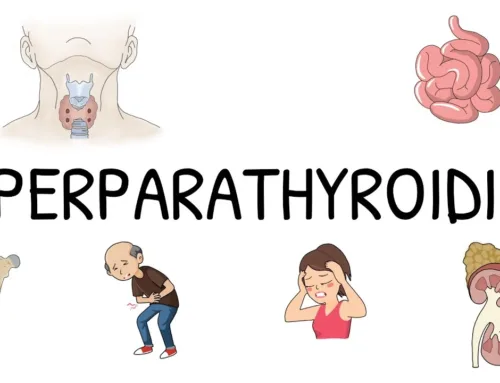It’s no secret that doctor’s offices are busy these days. Many doctors have a high patient volume and limited time to spend with each one. If you want your doctor to take your concerns about weight seriously, you’ll need to be prepared with some solid evidence showing the need for weight loss surgery.

Here are some steps that will help you convince your doctor:
Explore Your Weight Loss Surgery Options
Before convincing your doctor that weight loss surgery is right for you, you must have all the facts. Here are some questions to ask:
- What type of procedure is being considered?
- What are the risks involved with this type of surgery?
- How much weight do I need to lose before considering it? (This will differ depending on which procedure your doctor recommends.)
- Will insurance cover some or all of the costs associated with this procedure? If so, how much will they cover, and how long does it take until I receive reimbursement from my insurance company?
Learn About the Risks and Complications

Everyone should be aware of the risks and complications of weight loss surgery.
- Infection at the site where your stomach was cut open or stapled shut is the most common complication, which can be treated with antibiotics.
- You’ll also need to take vitamin B12 supplements for life because they help prevent nerve damage caused by insufficient nutrients from food during this period.
- Another risk is gallstones: About one in 10 people who have had gastric bypass surgery will develop gallstones later on.
So if you’ve had this procedure done in the past year and experience symptoms like pain in your upper abdomen or nausea after eating fatty foods (commonly known as “gallbladder attacks”), tell your doctor right away so they can do tests to see whether there are any stones present!
To read more http://venus-pro-bucket.s3.amazonaws.com/journal/JOMH/12/2/10.31083/jomh.v12i2.25/25-34.pdf
Make sure your doctor is experienced.
When finding a doctor, you want to ensure they are experienced in weight loss surgery. This is because an experienced physician will better understand the risks and complications associated with this type of procedure, as well as how best to manage them should they arise. An inexperienced doctor may need to learn what questions to ask or what tests are necessary for you. This could lead to problems if something goes wrong during your surgery or recovery period.
Consider Getting a Second Opinion

If you’re still unsure about your decision to undergo weight loss surgery, consider getting a second opinion from another doctor. A second opinion can help you feel more confident about the surgery and how it will affect your recovery.
If you’re still unsure whether to undergo weight loss surgery, consider getting a second opinion from another doctor. A second opinion can help you feel more confident about the surgery and how it will affect your recovery.
To get more ideas about losing weight without surgery you should read How do I get the treatment for thinness?
It can be hard to convince a doctor, but there are ways to make it happen.
- Explain the benefits of weight loss surgery.
- Discuss the risks of weight loss surgery.
- Share your thoughts on this procedure’s cost, time frame, and recovery time.
- Tell your doctor how long you’ve struggled with obesity and how it’s affected your health, self-esteem, and quality of life.
If possible, bring along a family member or friend who can help bolster your case by sharing their own experience with obesity treatment options (including dieting) so that your doctor understands that this isn’t just something you’ve dreamed up overnight but rather an issue that has plagued many people in our society for years now!
Conclusion
This article has helped you understand how to convince a doctor that weight loss surgery is right for you. It can be not easy, but it’s worth it if it means getting the care you need. If you still need to decide whether surgery is right for your situation, consider getting a second opinion from another doctor or specialist with experience with these procedures before making any final decisions about treatment options.




Leave A Comment